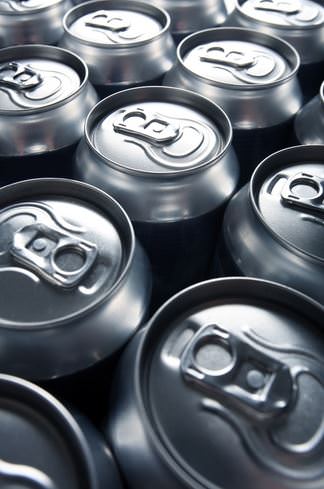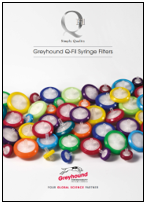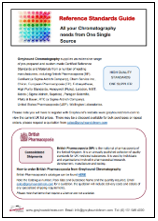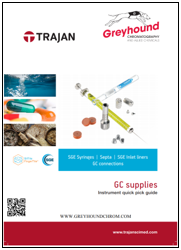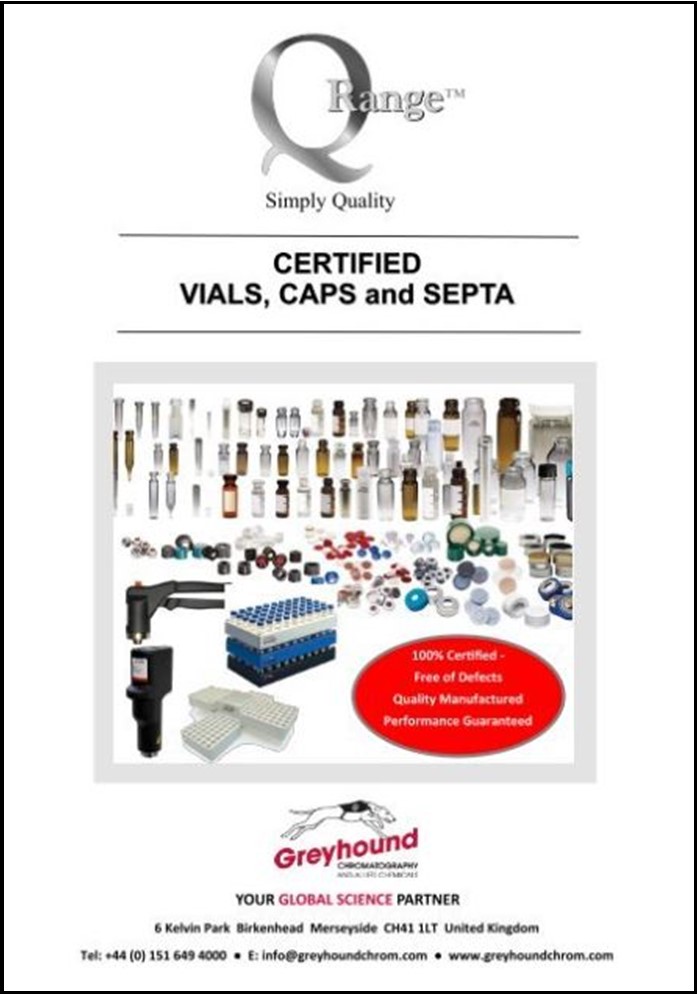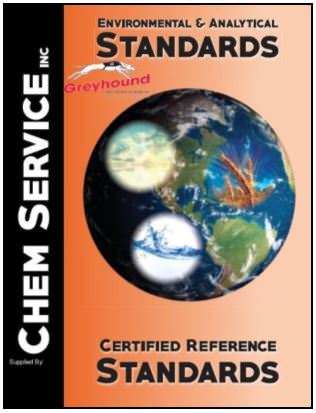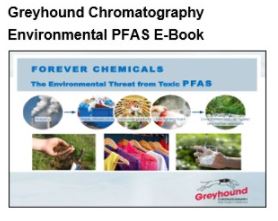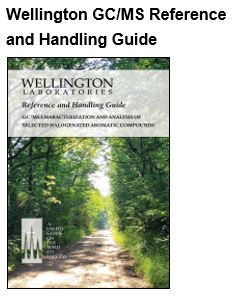BPA In Beverage Cans May Increase Blood Pressure
When it comes to food and beverage storage, there has been ongoing controversy over the chemical compounds that line these containers. Specifically, both consumers and scientists have been concerned that bisphenol A and similar substances can leach from the containers and into food and drink, which has been a cause for concern in light of studies that suggested BPA may be harmful to the health of animals and humans.
Recently, one team of scientists from Seoul National University College of Medicine in South Korea suggested that the BPA in beverage cans may raise the blood pressure of consumers, as published in the journal Hypertension.
What do we know about BPA?
According to the U.S. Food and Drug Administration, BPA has been used in the manufacturing of hard, clear plastics produced for the purposes of storing food and beverages since the 1960s. Additionally, it acts as an antimicrobial agent in metal containers, such as food cans.
In the past, research showed that BPA can cause a range of health problems in animal models, such as diabetes, heart disease and reproductive disorders. This prompted a closer investigation into the potential effects of BPA on human health, but so far, the FDA has not concluded that low levels of BPA exposure are harmful. However, the federal agency continues to keep tabs on any issues that may arise.
Heart patients may need to be cautious
To further investigate the impact of BPA, the authors of the new study conducted an experiment that included 60 adults older than 60 years. Each participant visited the scientists on three separate occasions and was randomly assigned to drink soy milk in either a glass bottle or a can. As the experiment progressed, the researchers measured BPA concentrations in urine, as well as blood pressure and heart rate variability two hours after beverage consumption.
Results showed that, compared to subjects who drank from the glass containers, those who had the cans demonstrated a BPA concentration in their urine that was 1,600 percent higher.
"A 5 mm Hg increase in systolic blood pressure by drinking two canned beverages may cause clinically significant problems, particularly in patients with heart disease or hypertension," study author Yun-Chul Hong, M.D., Ph.D., chair of the Department of Preventive Medicine and director of the Environmental Health Center at Seoul National University College of Medicine in South Korea, said in a statement. "A 20 mm Hg increase in systolic blood pressure doubles the risk of cardiovascular disease."
Hong recommended that consumers eat more fresh food or products stored in glass containers instead of canned items. Furthermore, Hong suggested that more manufacturers use and develop alternatives to BPA.
Why is high blood pressure dangerous?
According to the National Heart, Lung, and Blood Institute, high blood pressure, in and of itself, may not cause noticeable symptoms. However, if it persists for years without proper treatment, it can significantly increase the risk of more serious conditions. These include coronary heart disease, kidney failure, stroke, heart failure, aneurysm and visual impairment.
There are various lifestyle changes that can help treat or even prevent high blood pressure, such as a well-balanced diet, physical activity, maintaining a healthy weight, smoking cessation and stress management. Although the FDA has yet to curb the use of BPA in food containers, the agency does provide suggestions for consumers who wish to minimize their exposure to this chemical compound. Specifically, the FDA recommends that concerned individuals avoid plastic bottles with recycling codes at the bottom, particularly numbers 3 through 7. Additionally, hot food or liquids should not be placed in plastic containers, and any plastic products that are scratched should be discarded.
CONTACT US
Tel: +44 (0) 151 649 4000
Email: marketing@greyhoundchrom.com
FOLLOW US
YOU MAY ALSO BE INTERESTED IN OUR NEWSLETTER

